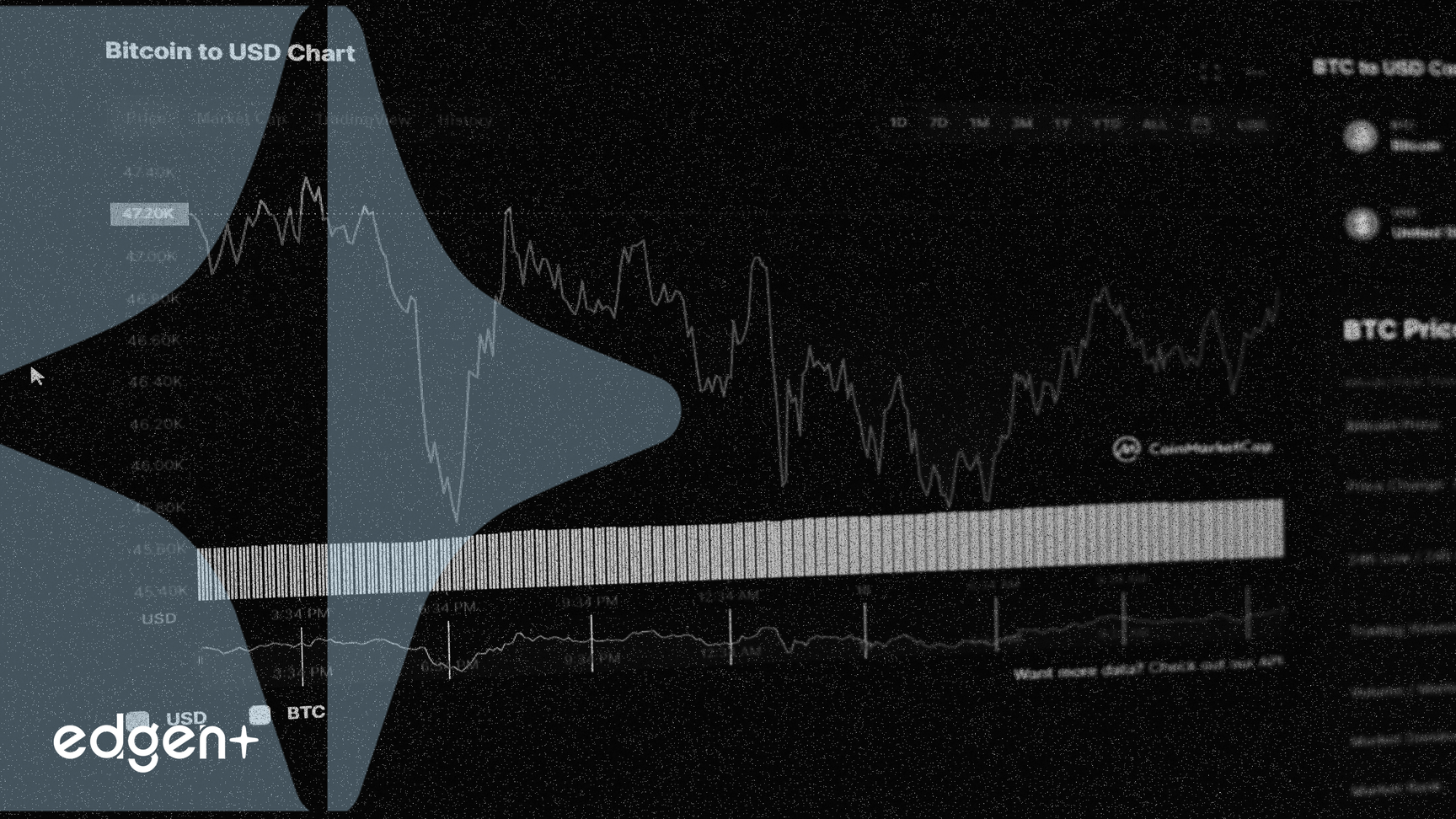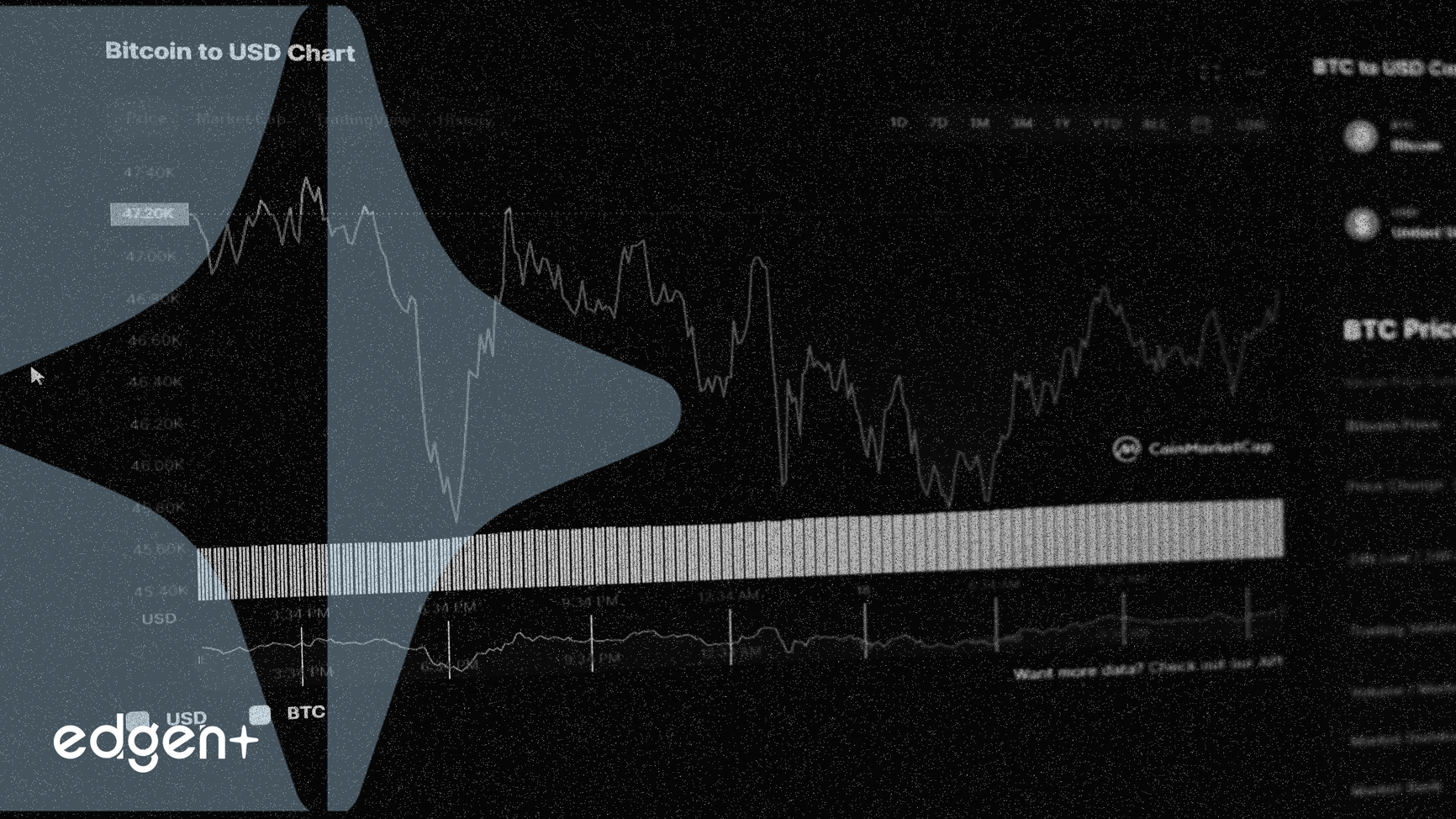Public companies, led by MicroStrategy, now hold 1 million Bitcoin, or 5% of the total supply, potentially affecting market dynamics and indicating increased confidence in Bitcoin.
Public Companies' Bitcoin Holdings Reach Milestone, Impacting Market Dynamics
U.S. equities remained stable today as Bitcoin broke out, driven by the news that public companies have collectively accumulated a significant amount of Bitcoin. This milestone has implications for both the cryptocurrency market and the broader financial landscape.
Milestone Achieved: 1 Million Bitcoin Held by Public Companies
Public companies have reached a significant milestone, holding 1,000,698 Bitcoin (BTC), valued at over $111 billion. This represents approximately 5% of Bitcoin's maximum supply. This accumulation is primarily driven by MicroStrategy, led by Michael Saylor, which pioneered the corporate Bitcoin treasury strategy in August 2020. Other companies like MARA Holdings, XXI, and Bitcoin Standard Treasury Company are also significant holders.
Corporate Bitcoin treasury adoption has hit a huge milestone, reaching 1 million Bitcoin as more companies tout Bitcoin's potential to bolster their balance sheets.
Market Reaction and Analysis
The accumulation of Bitcoin by public companies and Exchange Traded Funds (ETFs) has created a demand shock in the market. This demand is seen as a key catalyst behind Bitcoin's price rally. The increased adoption signals growing confidence in Bitcoin as a treasury asset and a store of value. Institutions are acquiring Bitcoin at a rate four times faster than miners produce new coins.
According to an analysis by River, a Bitcoin financial services company, businesses and public companies purchased an average of 1,755 BTC per day in 2025, while ETFs added another 1,430 BTC daily to their holdings. This combined demand significantly exceeds the approximately 450 new Bitcoin produced through mining operations each day.
Broader Context and Implications
The trend of public companies accumulating Bitcoin reflects a broader institutional shift toward digital assets. This shift is supported by increasing regulatory clarity and the introduction of Bitcoin ETFs, which provide a regulated and familiar vehicle for institutional capital. By early 2025, 59% of institutional investors had allocated at least 10% of their portfolios to Bitcoin and digital assets. BlackRock's iShares Bitcoin Trust (IBIT) and Fidelity's FBTC alone have amassed $65 billion in assets under management globally by April 2025, with U.S. ETFs collectively holding 1.3 million BTC—6% of the total supply.
This institutionalization of Bitcoin has also led to reduced volatility. Bitcoin's average daily volatility has plummeted from 4.2% to 1.8% since the launch of these ETFs.
Looking Ahead
The accumulation trend is expected to continue, with companies like Metaplanet and Semler Scientific aiming to significantly increase their Bitcoin holdings. The continued adoption of Bitcoin as a treasury asset could lead to further supply shocks and price appreciation. Key factors to watch include regulatory developments, macroeconomic conditions, and the performance of Bitcoin ETFs.
As institutional ownership grows, analysts project Bitcoin prices of $200,000 to $210,000 within 12–18 months, signaling Bitcoin's transition from speculative asset to strategic allocation.



